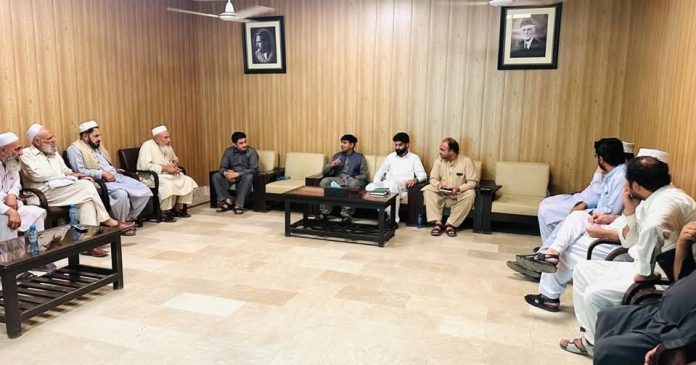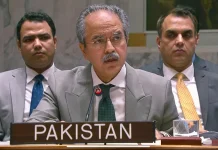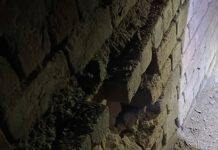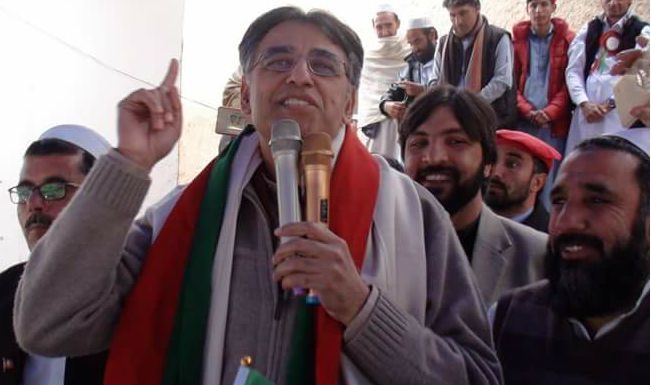By Ashrafuddin Pirzada
LANDIKOTAL: A key tribal jirga was held at the Khyber Rifles Headquarters in Landikotal, where elders and influential figures of the Sultankhel tribe pledged full support to the security forces in the wake of growing militant activities and worsening law and order in the region.
The jirga, convened at the commandant of Khyber Rifles’ directive, brought together senior officials from the military, civil administration, and police. The gathering was convened following reports of increased movement of suspicious individuals in Sultankhel and surrounding areas in Landikotal. Security officials warned that the presence and possible facilitation of militant elements pose a serious threat to regional and national stability.
The tribal elders, in response, expressed full confidence in the security forces and assured complete cooperation. They strongly condemned terrorism and announced a social boycott of anyone found aiding or abetting anti-state elements. The elders declared that the Sultankhel tribe would not allow its land to be used for subversive purposes and would stand united to preserve peace.
The jirga comes amid mounting concerns about the deteriorating security situation in Khyber district. After a few years of relative calm following military operations and the merger of the former Fata region into Khyber Pakhtunkhwa in 2018, signs of militant resurgence have started to reappear. Cross-border infiltration, reactivation of sleeper cells and targeted killings have been reported from various areas, including Tirah, Bara, Jamrud and Landikotal.
Residents have expressed alarm over nighttime movements of armed groups and growing incidents of extortion and threats. Many fear retaliation and remain hesitant to report suspicious activities, making it harder for security agencies to respond effectively. While past operations dismantled much of the militant infrastructure, gaps in governance and follow-up policies after the merger have allowed some networks to regroup.
The Jirga member told the security forces that one of the most vulnerable groups amid the re-emerging threat is the local journalist community. Several journalists have faced threats, harassment or been forced to leave the area due to their reporting on militancy or lack of state protection.
With little safety or legal cover, many have resorted to self-censorship, further weakening public access to credible information.
Civil society members and analysts have repeatedly warned that unless immediate steps are taken to strengthen governance, enhance intelligence sharing and protect vulnerable groups, the tribal belt risks slipping back into violence. The role of tribal jirgas, like the one convened in the Sultankhel tribe, is once again becoming central to peacebuilding, as these platforms help mobilize communities against terrorism.
The jirga concluded with a strong commitment to unity, vigilance, and collaboration between tribes and security institutions. Security officials appreciated the support of local elders and urged continued cooperation to counter the evolving threat. Both sides agreed to remain in close coordination to ensure that militants and their facilitators find no space in the region.











